

2018-05-08 13:39:00 Tue ET
technology antitrust competition bilateral trade free trade fair trade trade agreement trade surplus trade deficit multilateralism neoliberalism world trade organization regulation public utility current account compliance
The Trump administration weighs the pros and cons of a potential mega merger between AT&T and Time Warner. Recent stock prices show favorable trends for both AT&T and Time Warner in light of this prospective vertical integration. U.C. Berkeley economist Carl Shapiro defends the Justice Department's lawsuit against AT&T and Time Warner due to antitrust concerns. Shapiro suggests that this $85 billion mega merger would raise prices by $286 per annum for pay TV consumers. The structural change poses an imminent threat to the current market development of online video content curation. Further, this deal would spur AT&T with its cross-equity ownership of DirecTV to charge pay-TV rivals more for Time Warner video content. The latter prediction applies specifically to the Turner family of news and sports shows.
AT&T would face the incentive to negotiate contracts with other cable and satellite TV providers such as Comcast to constrain content curation to more cost-effective online video services. This vertical integration would encourage anti-competitive behaviors to the detriment of pay TV consumers.
In contrast, Chicago chair professor Dennis Carlton opposes the Shapiro antitrust thesis. Carlton points out that pay-TV consumers can enjoy net benefits in close association with this M&A deal. When AT&T merges with Time Warner, this merger would save consumers money since this vertical integration of a pay-TV provider and a movie-and-TV giant would build a more efficient company. Carlton highlights the Achilles heel in the Shapiro antitrust thesis: Shapiro underestimates how many people would leave pay TV altogether, and overestimates how many people would leave their pay TV provider if they lose access to the Turner family channels of movies and TV shows. On cross-examination, however, senior trial attorney Craig Conrath seeks unsuccessfully to push Carlton to concede that Comcast's vertical acquisition of NBCU content subsidiary results in more expensive movies and TV shows. Whether the $85 billion mega merger can prove to bear fruits for pay TV consumers remains an open controversial mystery. The Trump administration has to weigh the pros and cons of this vertical merger between AT&T and Time Warner.
If any of our AYA Analytica financial health memos (FHM), blog posts, ebooks, newsletters, and notifications etc, or any other form of online content curation, involves potential copyright concerns, please feel free to contact us at service@ayafintech.network so that we can remove relevant content in response to any such request within a reasonable time frame.
2017-02-25 06:44:00 Saturday ET
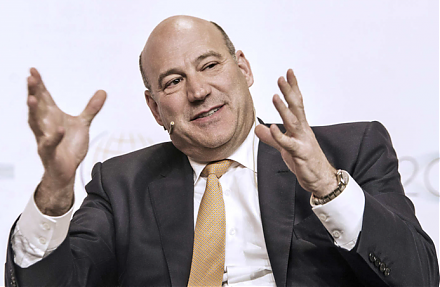
As the White House economic director, Gary Cohn suggests that the Trump administration will tackle tax cuts after the administration *repeals and replaces*
2019-04-30 07:15:00 Tuesday ET
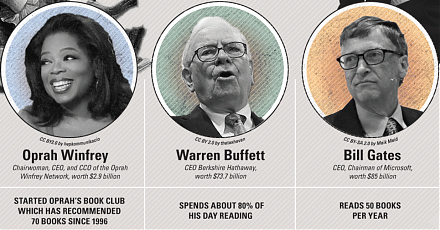
Through our AYA fintech network platform, we share numerous insightful posts on personal finance, stock investment, and wealth management. Our AYA finte
2018-10-19 13:37:00 Friday ET
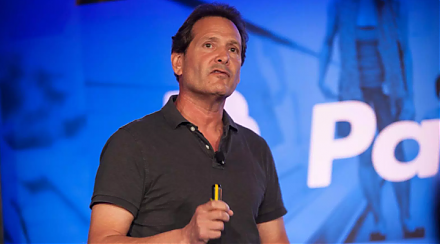
PayPal earns great fintech reputation from its massive worldwide network of 250+ million active users. As PayPal beats the revenue and profit expectations o
2023-05-27 11:30:00 Saturday ET
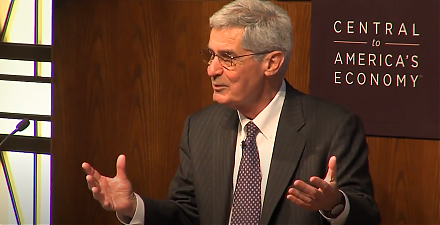
Bank failure resolution and financial risk management: Silicon Valley Bank, Signature Bank, and First Republic Bank. What are the main root cau
2017-12-17 11:41:00 Sunday ET
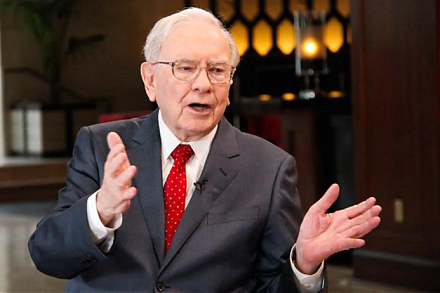
Warren Buffett points out that it is important to invest in oneself. Learning about oneself empowers him or her to lead a meaningful life. This valuable inv
2019-11-03 12:30:00 Sunday ET
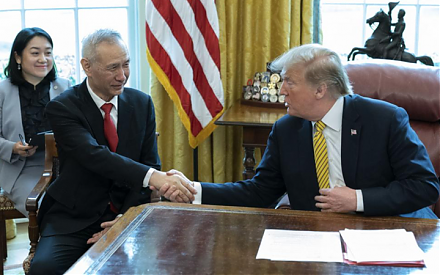
Chinese trade delegation offers to boost purchases of U.S. agricultural products to reach an interim trade deal with the Trump administration. Chinese Vice